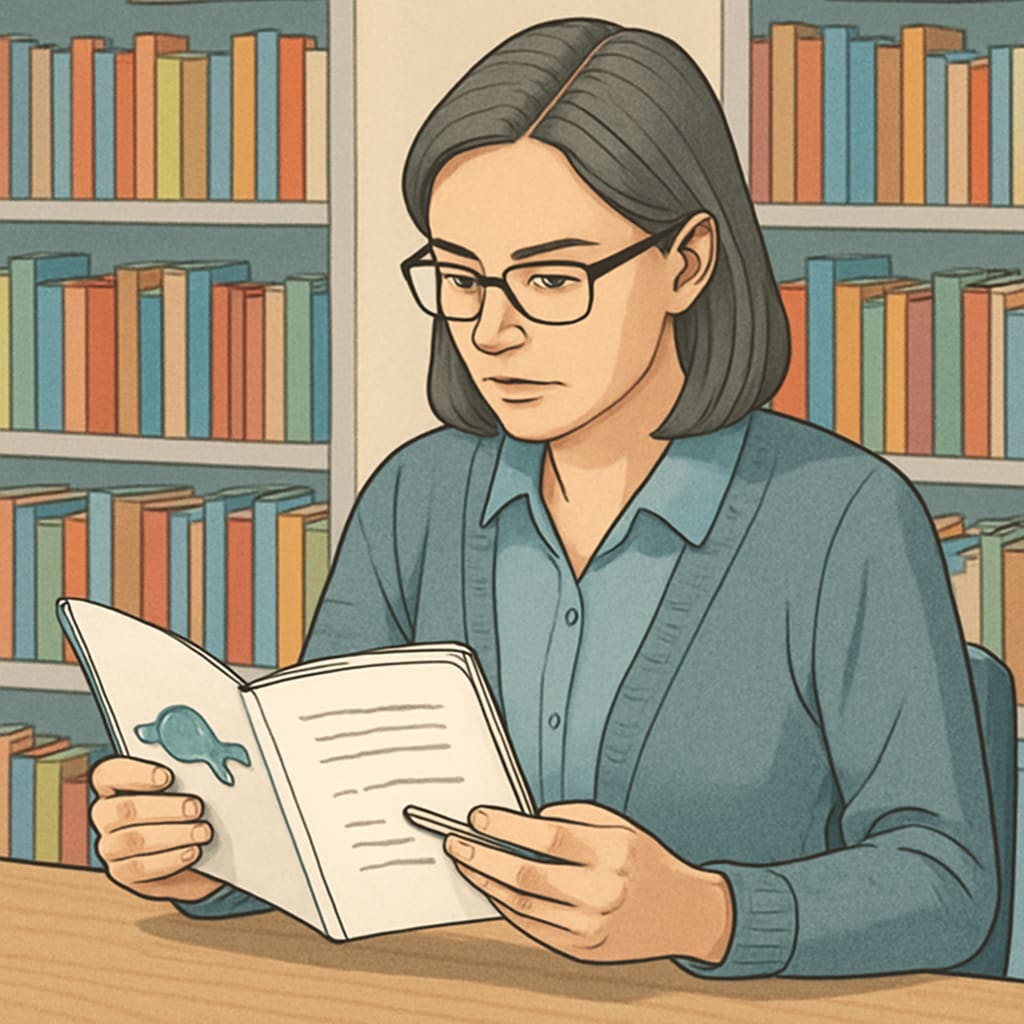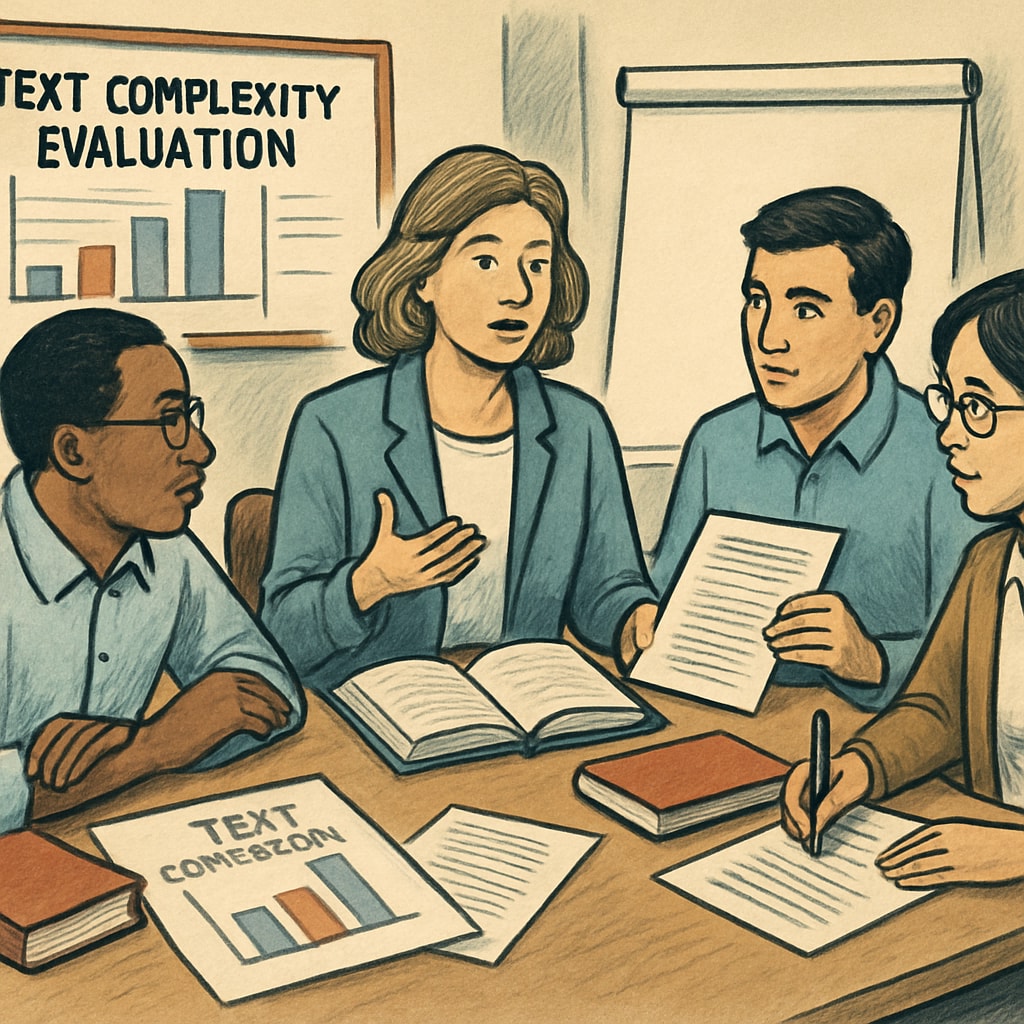Improving reading comprehension is a cornerstone of K12 education. To achieve this, teachers play an essential role in selecting appropriate reading materials for students. Our latest research project focuses on evaluating text complexity with the help of teacher volunteers, aiming to refine the matching process between students and reading materials. This innovative study not only seeks to enhance educational practices but also empowers teachers to contribute their professional insights. Participation requires just 30 minutes, offering a unique opportunity to impact reading education on a broader scale.
Why Text Complexity Matters in Reading Education
Text complexity refers to how challenging a reading material is for a specific audience. Factors such as vocabulary, sentence structure, themes, and required background knowledge determine its difficulty level. For students, mismatched reading materials can hinder comprehension and discourage engagement. Therefore, accurate text complexity evaluation is crucial for fostering literacy and encouraging lifelong reading habits.
While automated systems and algorithms have been developed to assess text complexity, these tools often miss the nuances that human judgment can provide. Teachers bring a wealth of experience and contextual understanding, enabling them to evaluate texts in ways machines cannot. This study leverages teacher expertise to improve existing methods, ensuring reading materials are tailored to students’ needs.

How Teachers Can Help Improve Text Complexity Evaluation
We are inviting primary and middle school educators to participate in this study to enhance text complexity evaluation systems. Teachers will review selected texts and provide their insights on the suitability of each material for various student groups. Their feedback will be instrumental in refining algorithms and creating more effective evaluation frameworks.
Participation is straightforward and time-efficient. Teachers will be asked to evaluate several reading passages during a 30-minute session. The process is designed to be user-friendly, allowing them to focus on their professional judgment without requiring any specialized training or technical expertise.
By contributing to this project, educators will not only help improve reading education but also gain access to cutting-edge insights about text complexity assessment. Their involvement will directly impact the development of tools and resources that benefit students and teachers alike.

The Broader Impact of Teacher Participation
Teachers who join this initiative are contributing to a larger effort to advance literacy education globally. Their input will provide valuable data for researchers, enabling the creation of more precise and adaptable text complexity evaluation systems. As a result, students will receive reading materials that better match their skill levels, improving both comprehension and confidence.
In addition to benefiting students, this research has the potential to support educators by reducing the time spent searching for appropriate texts. Improved evaluation systems can streamline lesson planning and curriculum development, allowing teachers to focus on fostering critical thinking and creativity in their classrooms.
Collaborative efforts like this study highlight the importance of teacher expertise in shaping educational practices. By combining human judgment with technological advancements, we can create a more effective and inclusive approach to literacy education.
How You Can Get Involved
If you are a primary or middle school teacher interested in participating, now is the time to make your voice heard. The study is open to educators from diverse backgrounds and teaching environments, ensuring a comprehensive dataset that reflects real-world classroom dynamics. To join, simply sign up through the provided link and follow the instructions to complete your evaluation session.
Your insights will play a pivotal role in advancing text complexity evaluation methods, benefiting students and educators alike. Together, we can create a stronger foundation for reading education, empowering the next generation of learners to thrive.
External Resources:


